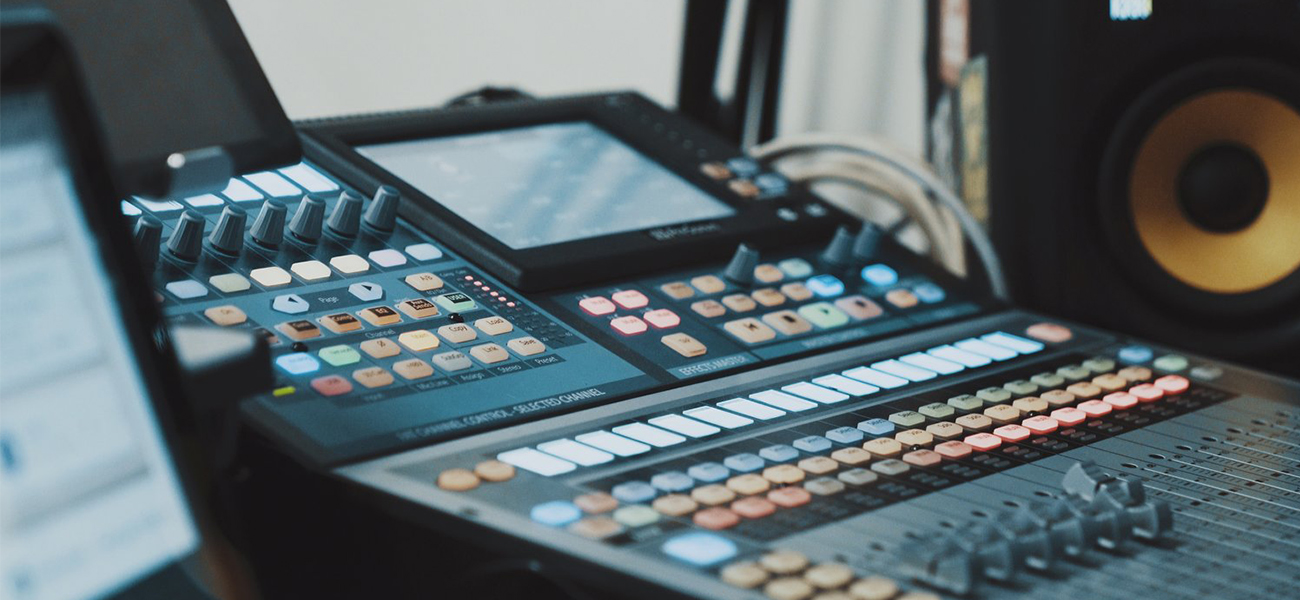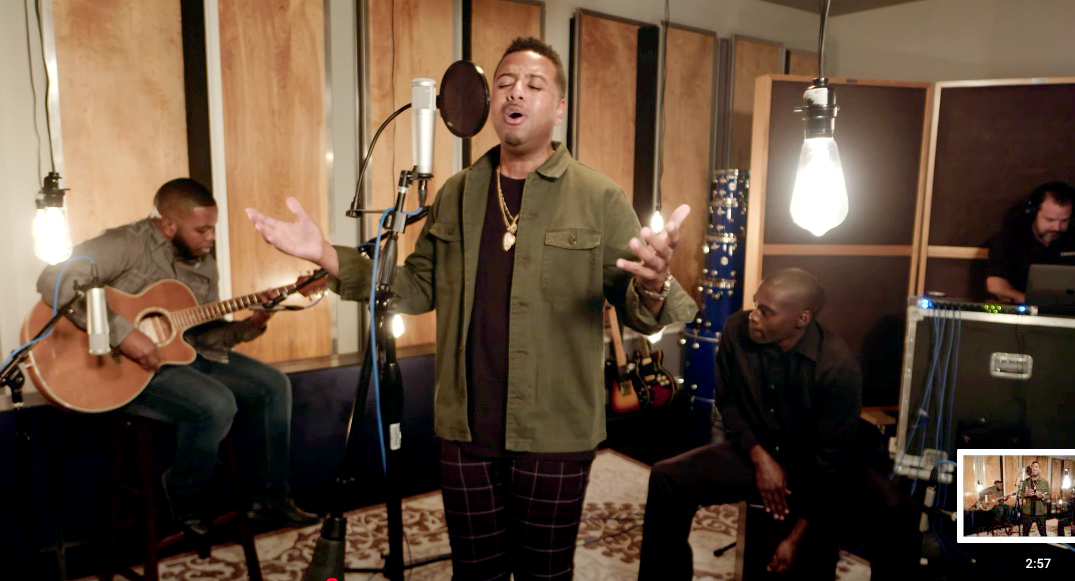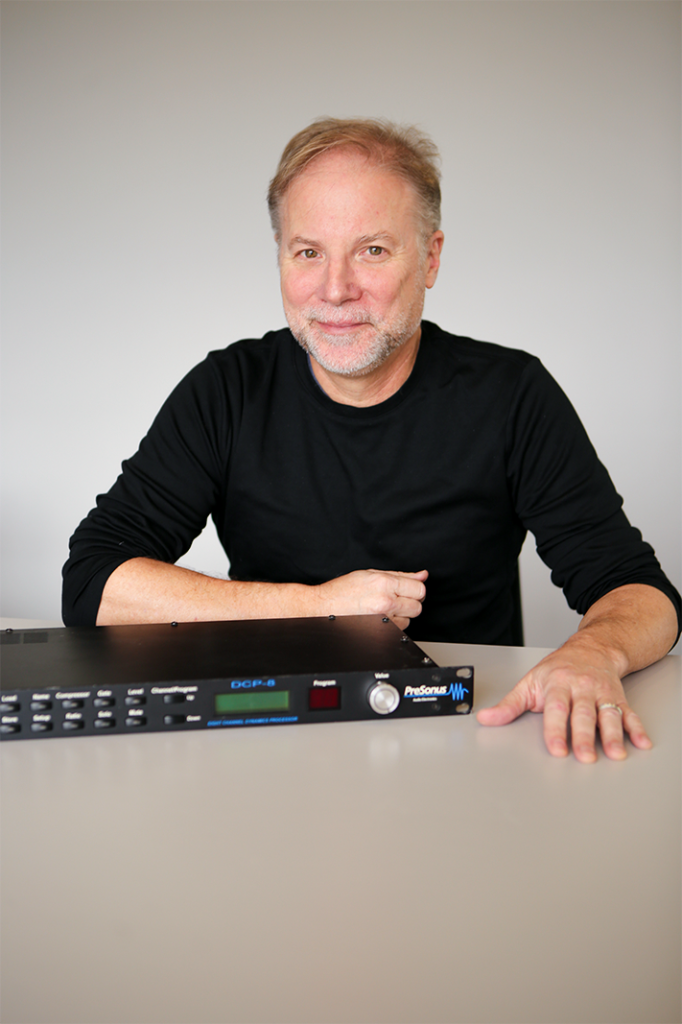
PreSonus celebrates 25 years—and finds a new niche in coronavirus times
It started in a garage with two high school buddies tinkering around with electronics.
That’s how some of the biggest technological success stories go. And it’s the same for Baton Rouge’s PreSonus, born in a local garage where Jim Odom and Brian Smith were trying to build their own audio equipment to record music.
Flash forward 25 years later, PreSonus now sells an entire fleet of high-quality gear, from mixing systems to audio interfaces to studio speakers. The business completely transformed the game for concert sound engineers, allowing them to step away from the sound booth to test the acoustics of a room and make adjustments from an iPad or iPhone. Along the way, it has acquired other startups and established teams from Germany to Hong Kong to help it innovate.
|
|
Here in Baton Rouge, the PreSonus offices are equipped with a professional recording studio where engineers perfect their products often with the help of local musicians.

“It’s always been a strategy of ours to kind of start small … I don’t think anybody gets it right 100% of the time.”
—Jim Odom, PreSonus cofounder and chief strategy officer
For Odom, the key to success has been responding to the needs of sound engineers—including the ones creating magic in a makeshift studio or garage at home.
“It’s always been a strategy of ours to kind of start small, and to try to cater to that same customer who might be working on something out of their home,” Odom says. “I always say to listen to the customers, because the customers tell you what you should’ve done after you’ve done it. I don’t think anybody gets it right 100% of the time.”
Since the COVID-19 pandemic began, however, PreSonus has been listening to a different kind of customer.
Odom says business leaders have reached out about audio equipment to use in video conferencing and to stream audio for corporate events that have had to change to a remote format. Big companies that were planning to host huge conferences this year don’t want to skimp on providing a quality experience for attendees.
It’s a niche the PreSonus team is now exploring.
Odom says the company’s next ventures will also be toward consumer-focused products—i.e., more of the kind that the average person can use. But PreSonus keeps the details on new tech under wraps until the debut.
At the start of its anniversary year, PreSonus launched the “River City Sessions,” a monthly video series where local and visiting musicians let loose in the Baton Rouge studio space. So far, it’s featured locals like Justin Garner, Palomino Darling, Molly Taylor and Denton Hatcher, and others performing intimate sets.
PreSonus had to start limiting use of its studio space because of health precautions. But there are still a handful of videos up already, as well as behind-the-scenes clips where the company’s sound engineers explain how they approached the recording process considering the number of instruments used and even the intensity of a banjo’s sound, for instance.
While some of the tech-speak might be over the heads of average viewers, the attention to detail and care is apparent. And it’s clear the people behind PreSonus will continue to stay ahead of the game and make the most of these crazy times—just by listening.
“It’s been such a bizarre 25th anniversary year,” Odom says, “but if you look at things like the 2008 market crash, all kinds of tech came out of that. These things tend to bring out new ideas.” presonus.com
|
|
|



